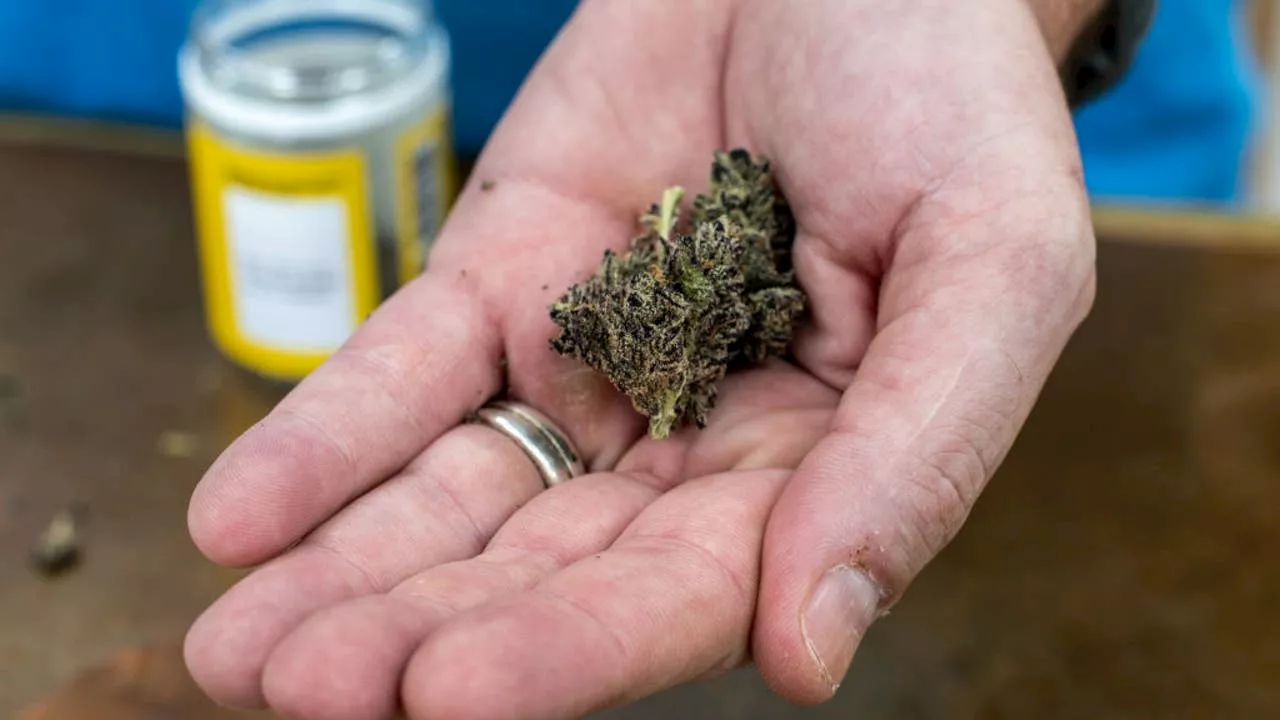Research from the University of California has revealed that high levels of THC, the primary psychoactive compound in marijuana, may negatively impact egg quality and fertility in women. The study, published in the Journal of Assisted Reproduction and Genetics in March 2024, highlights potential risks including miscarriages and chromosomal abnormalities in embryos.
The study examined the effects of THC concentrations on egg development among women of reproductive age. Findings indicate that elevated THC levels could interfere with the maturation of oocytes, which are critical for successful conception and healthy pregnancies. This research adds to the growing body of evidence suggesting that marijuana use may affect reproductive health.
Researchers observed that THC can disrupt the normal hormonal balance necessary for ovulation and egg maturation. This disruption may lead to decreased egg quality, which is essential for fertilization and embryo development. The implications of these findings are significant for women who are trying to conceive or undergoing fertility treatments.
In addition to fertility challenges, the study suggests that THC exposure may result in miscarriage and chromosomal issues in embryos. These complications can have long-lasting effects on reproductive outcomes. As THC becomes more widely used, particularly with the increasing legalization of marijuana in various regions, understanding its impact on fertility is crucial for public health.
Dr. Jane Smith, a lead researcher in the study, emphasized the need for awareness regarding the potential risks of marijuana use among women considering pregnancy. “Our findings indicate that women should be cautious about THC consumption if they are planning to conceive,” she stated.
The findings have generated discussions within the medical community about the importance of educating patients on the possible consequences of marijuana use. Healthcare providers are urged to consider these factors when advising patients on fertility and reproductive health.
As research continues, the broader implications of THC on reproductive health remain a critical area of study. Future investigations may further clarify the relationship between cannabis use and fertility, helping to inform guidelines for women seeking to conceive.
In conclusion, the emerging evidence linking high THC levels to adverse effects on egg quality and fertility underscores the importance of informed health choices. Women and healthcare professionals should prioritize this knowledge as part of their reproductive planning and health management.
